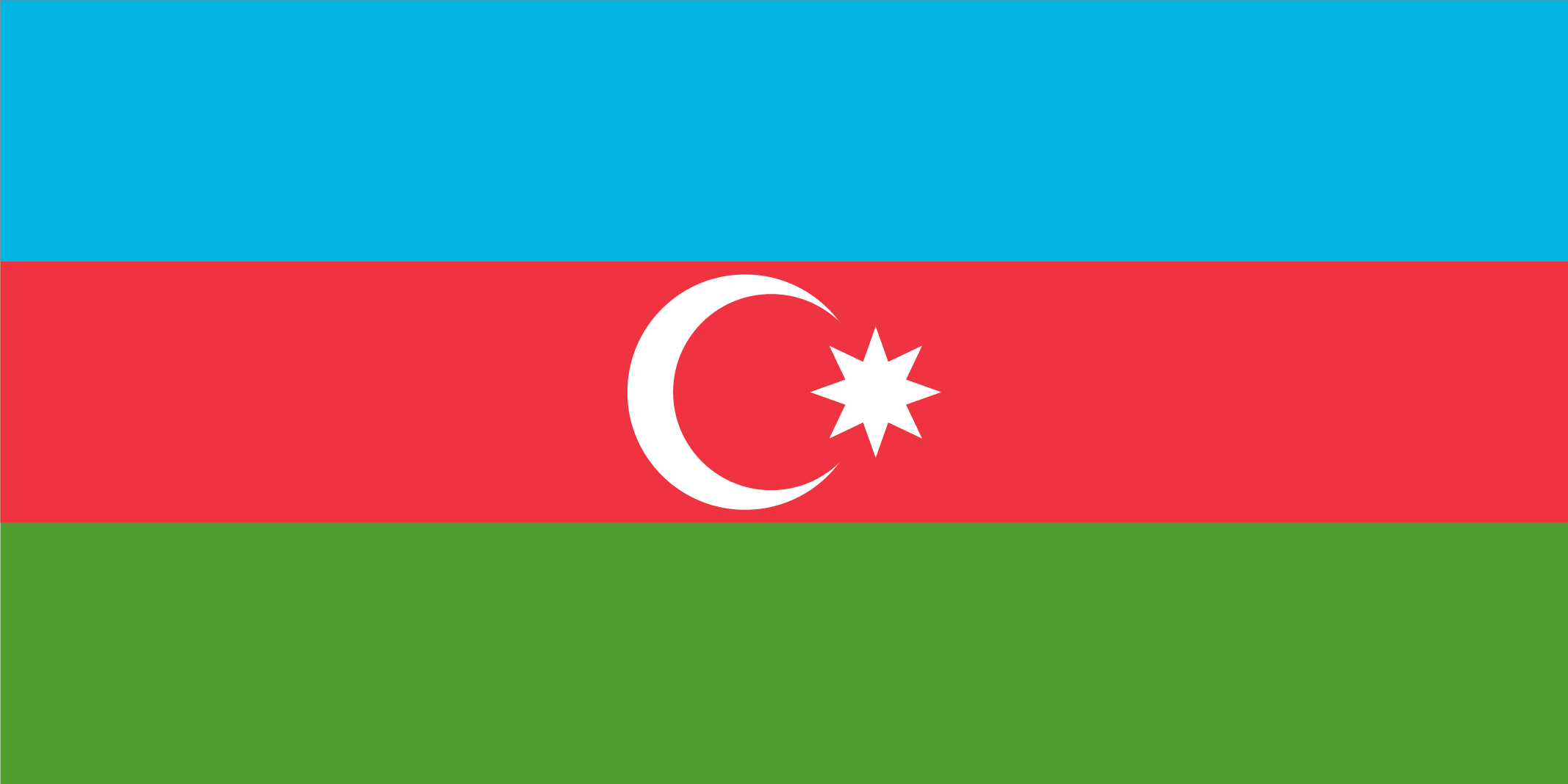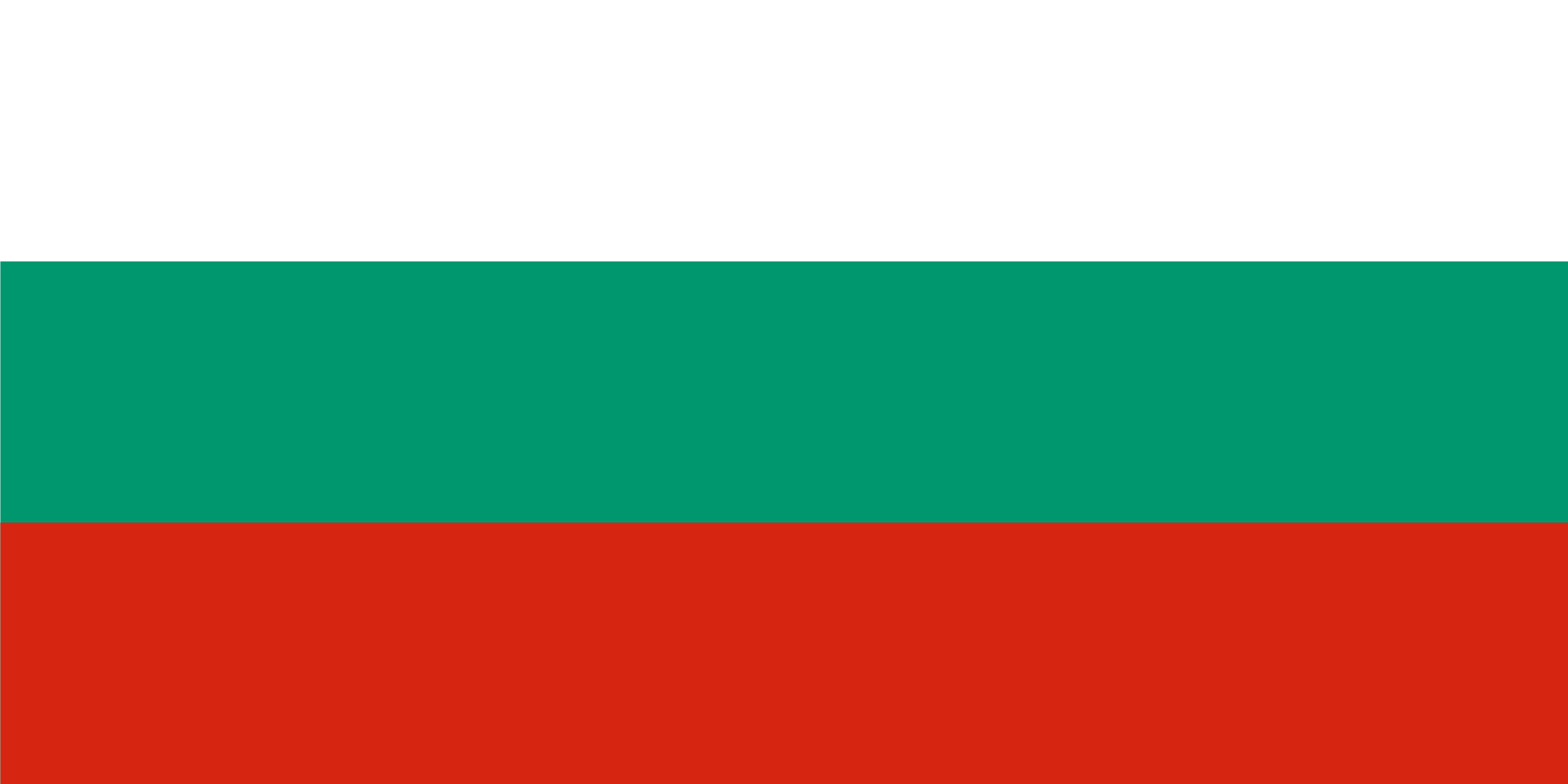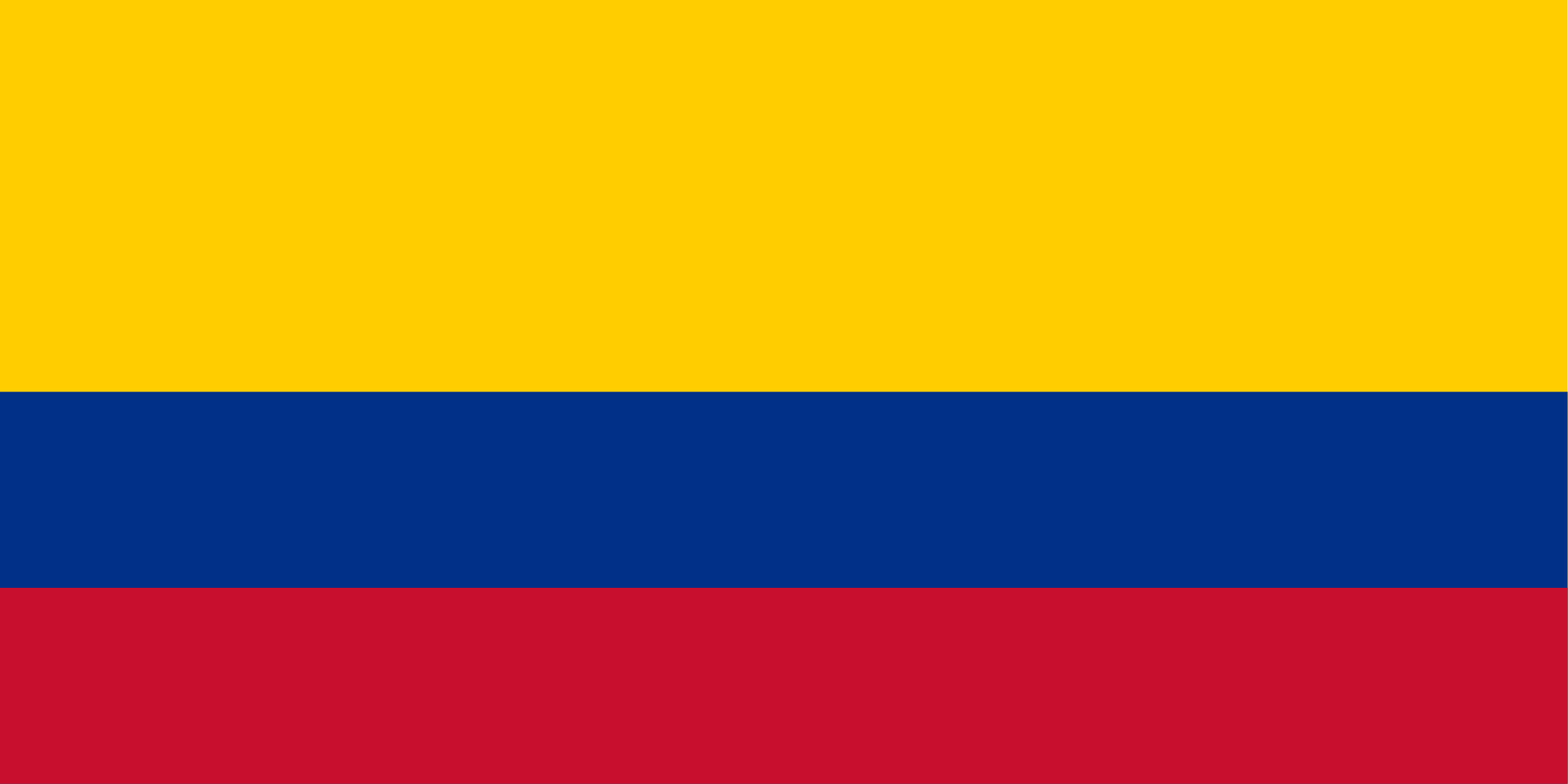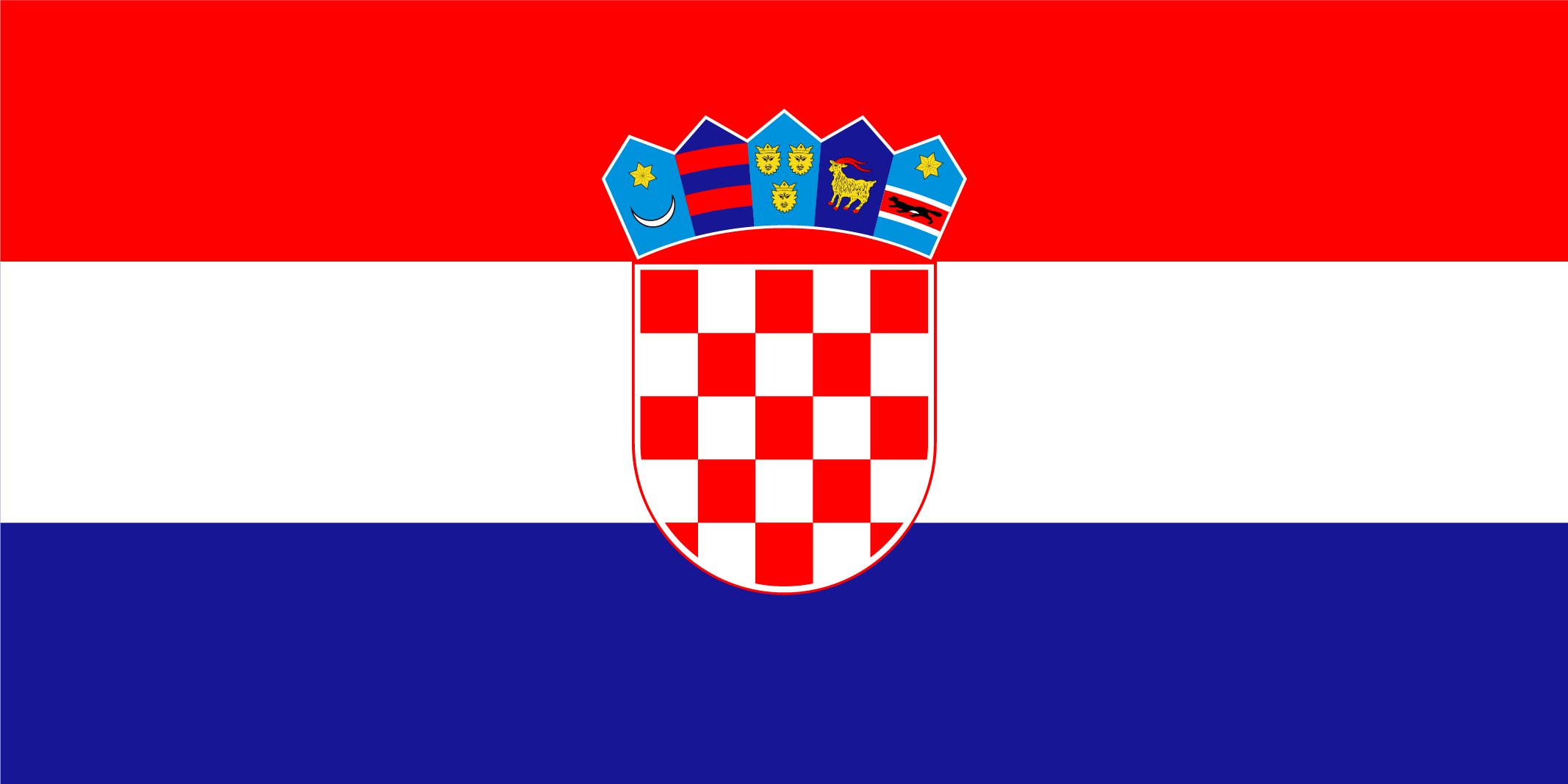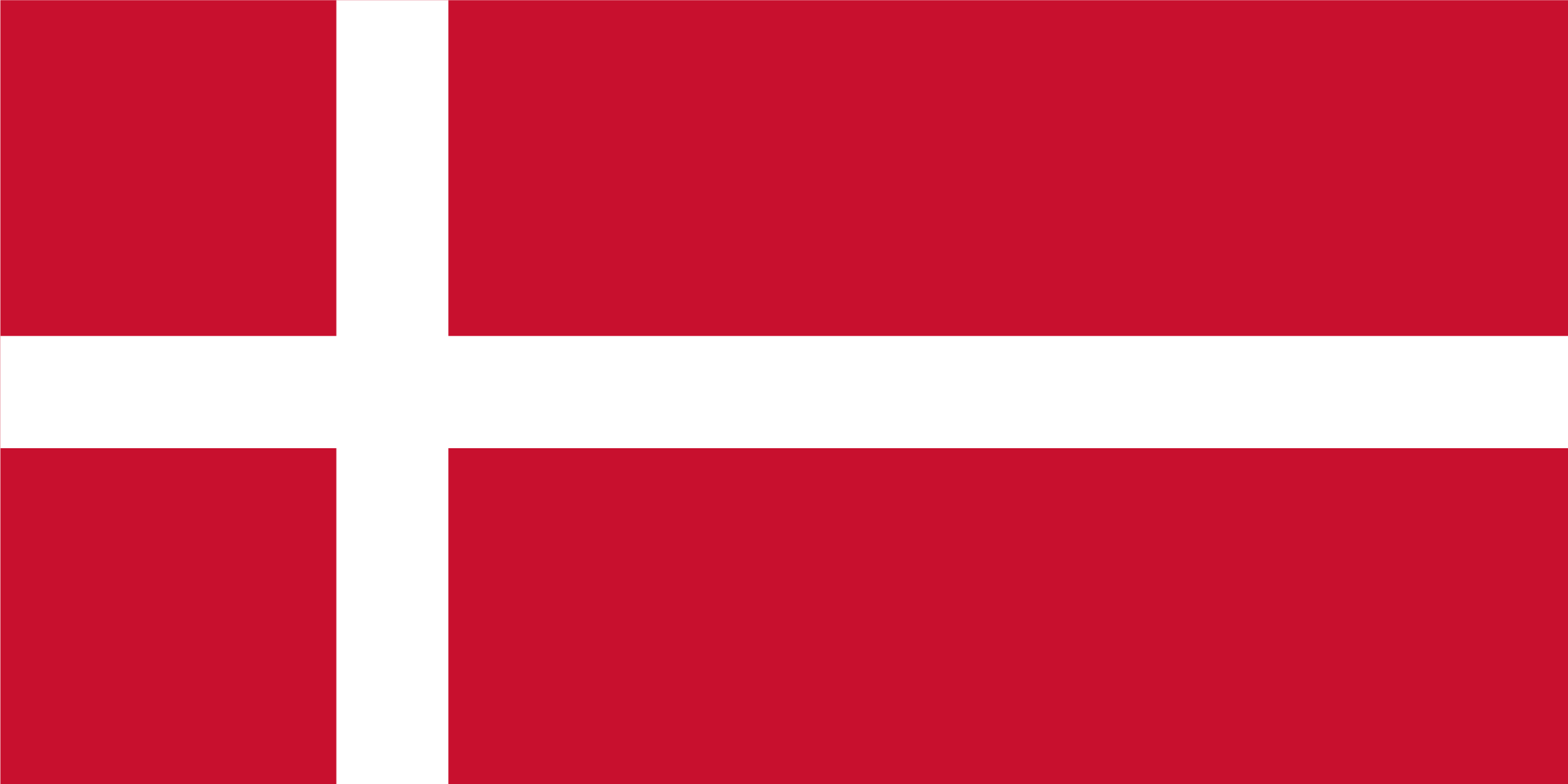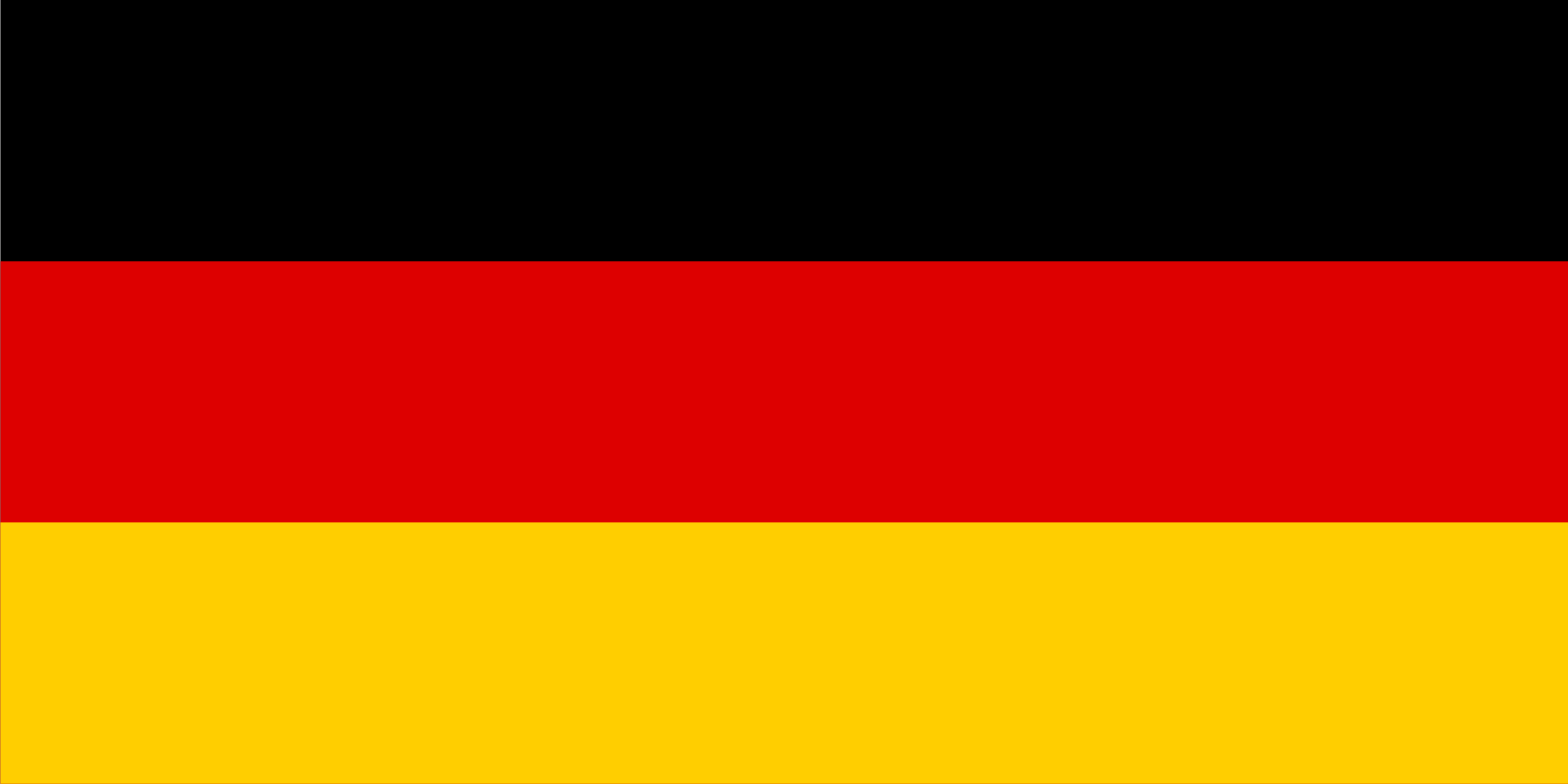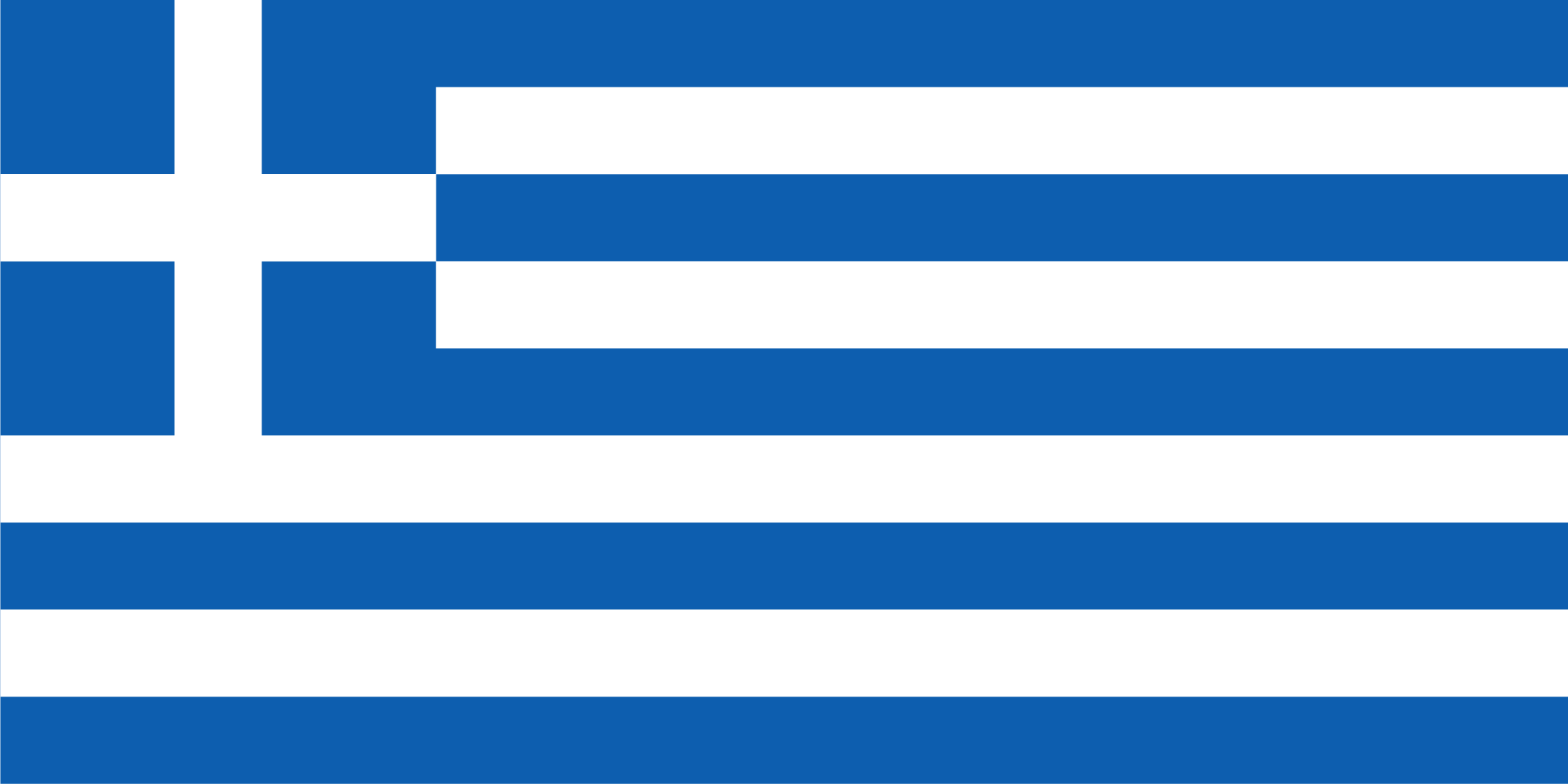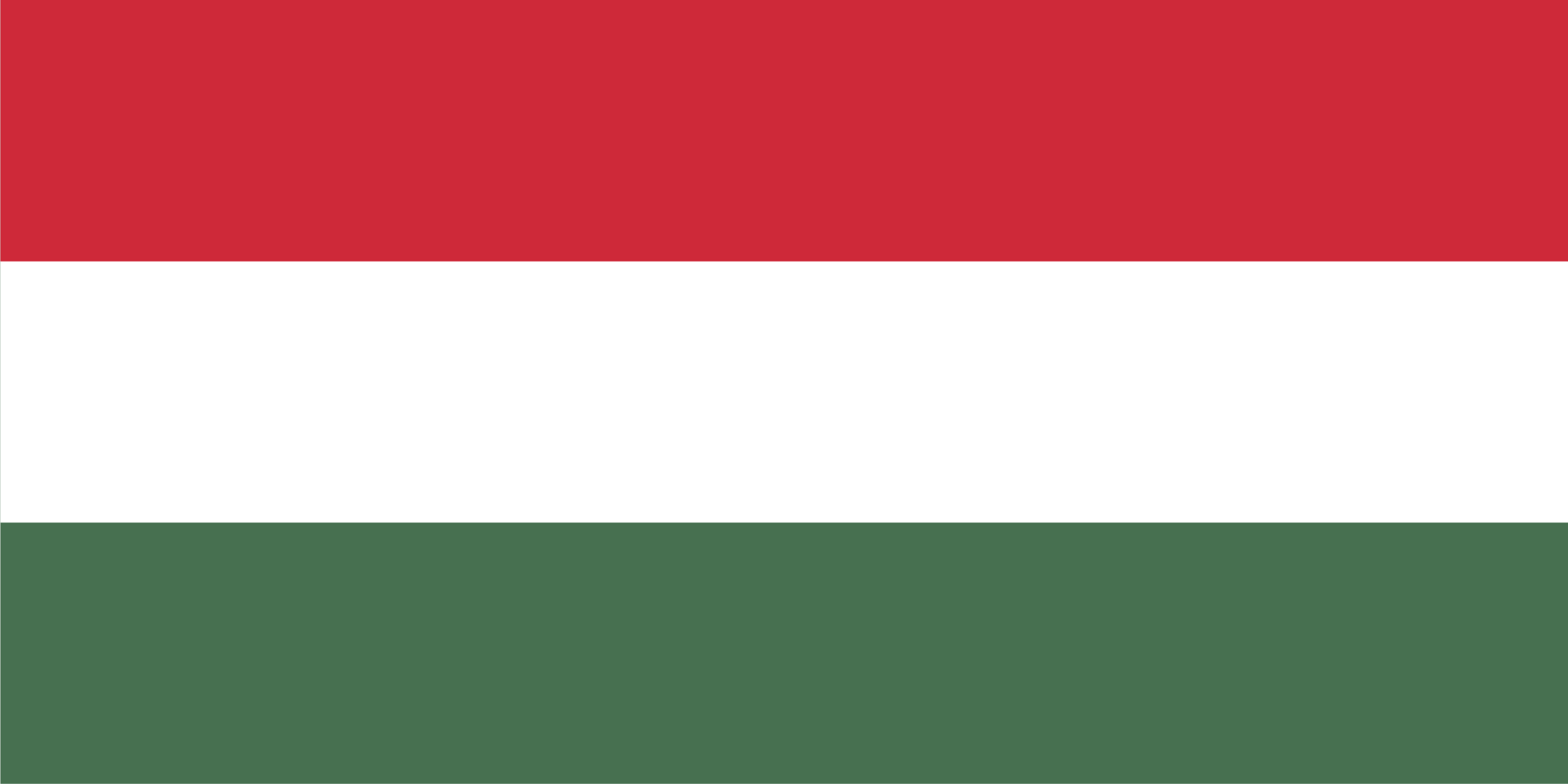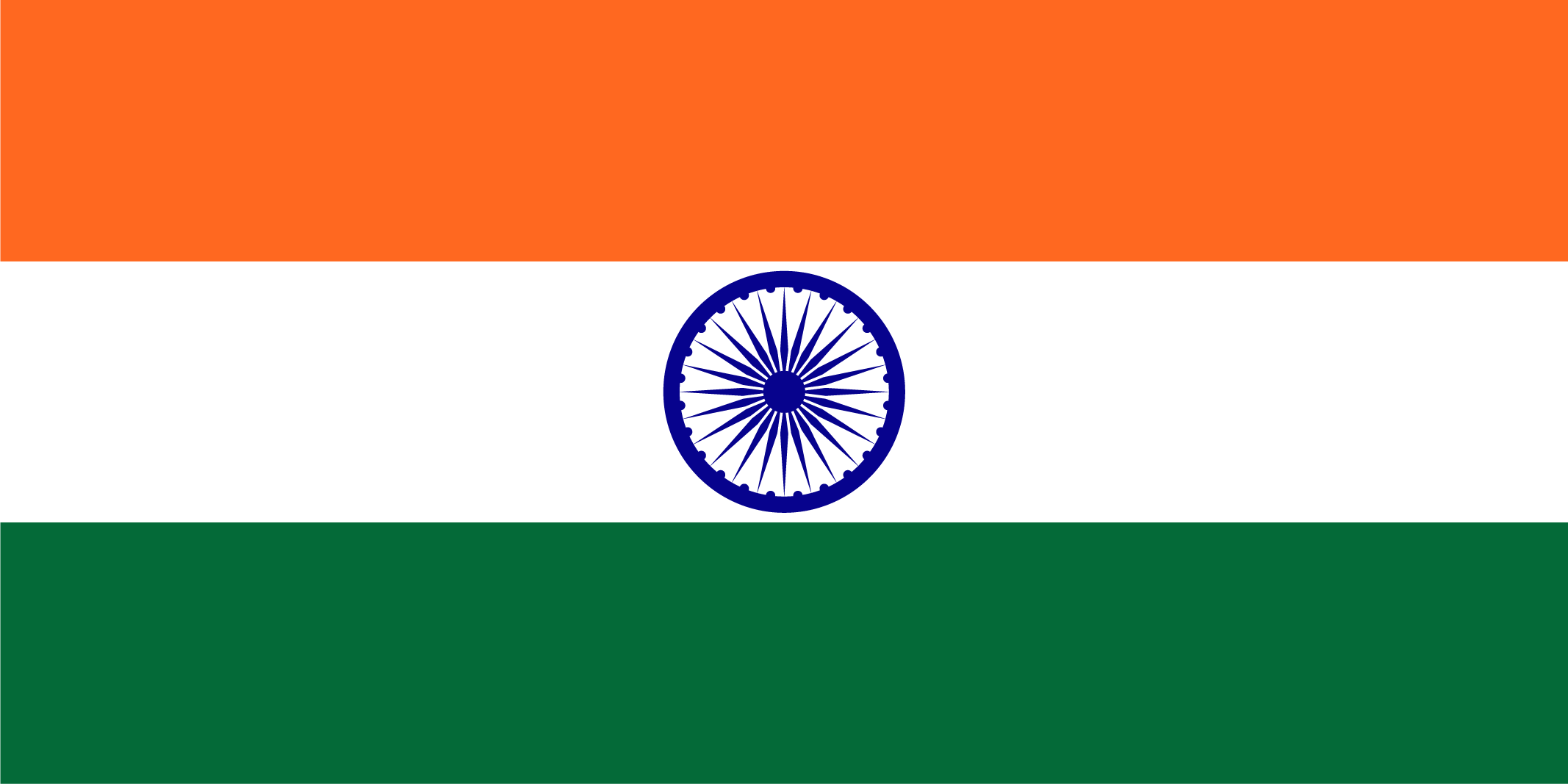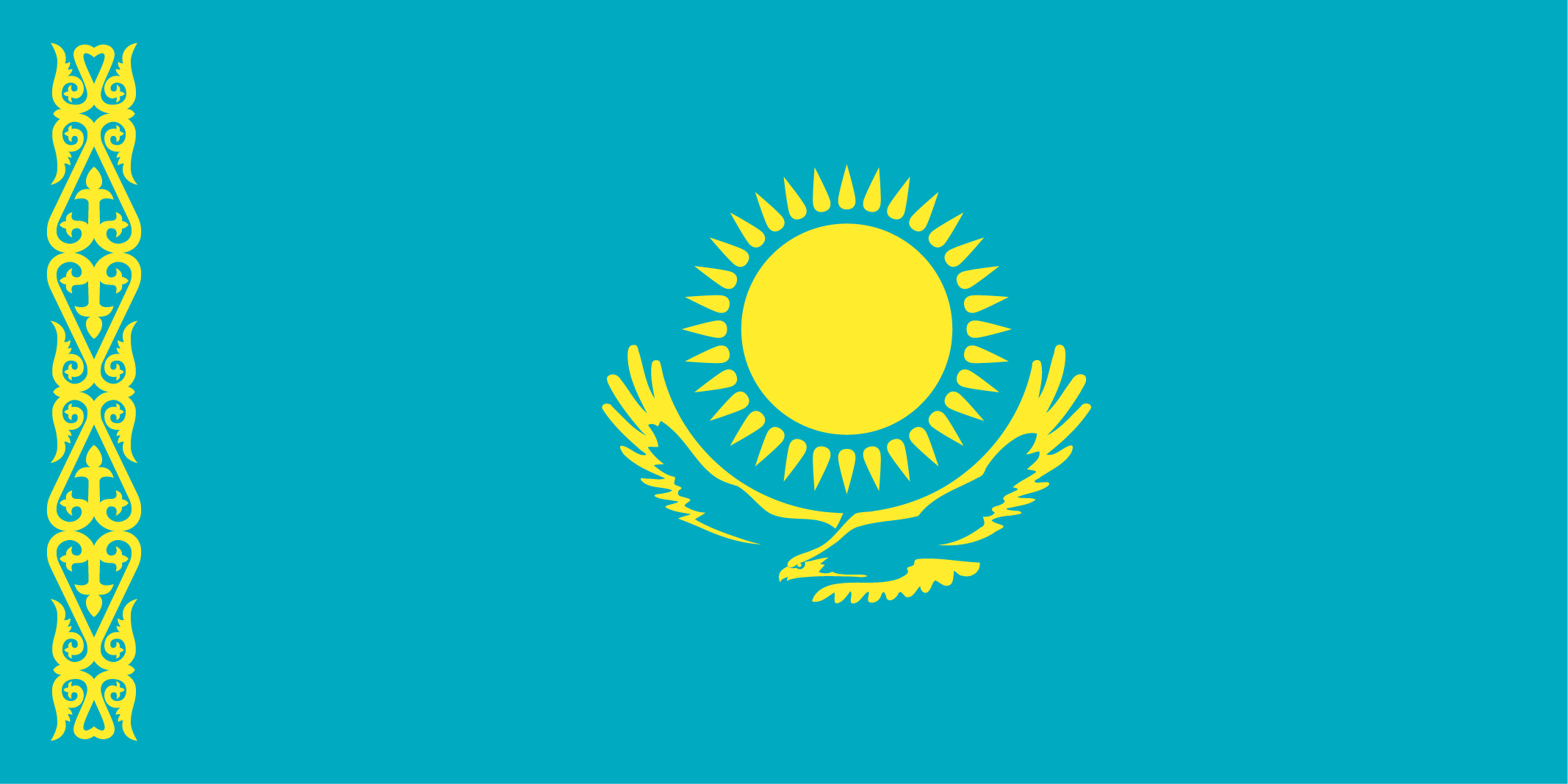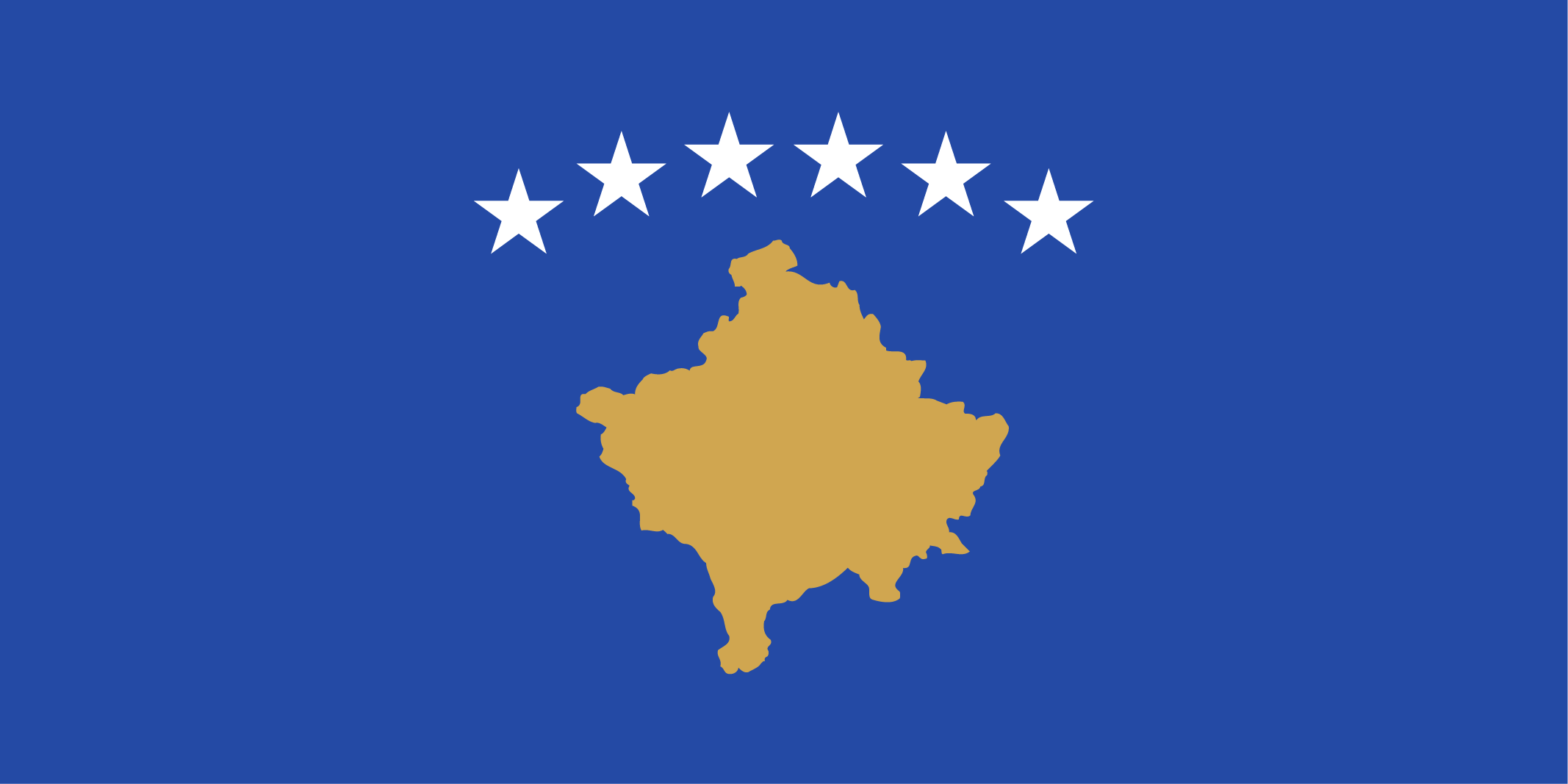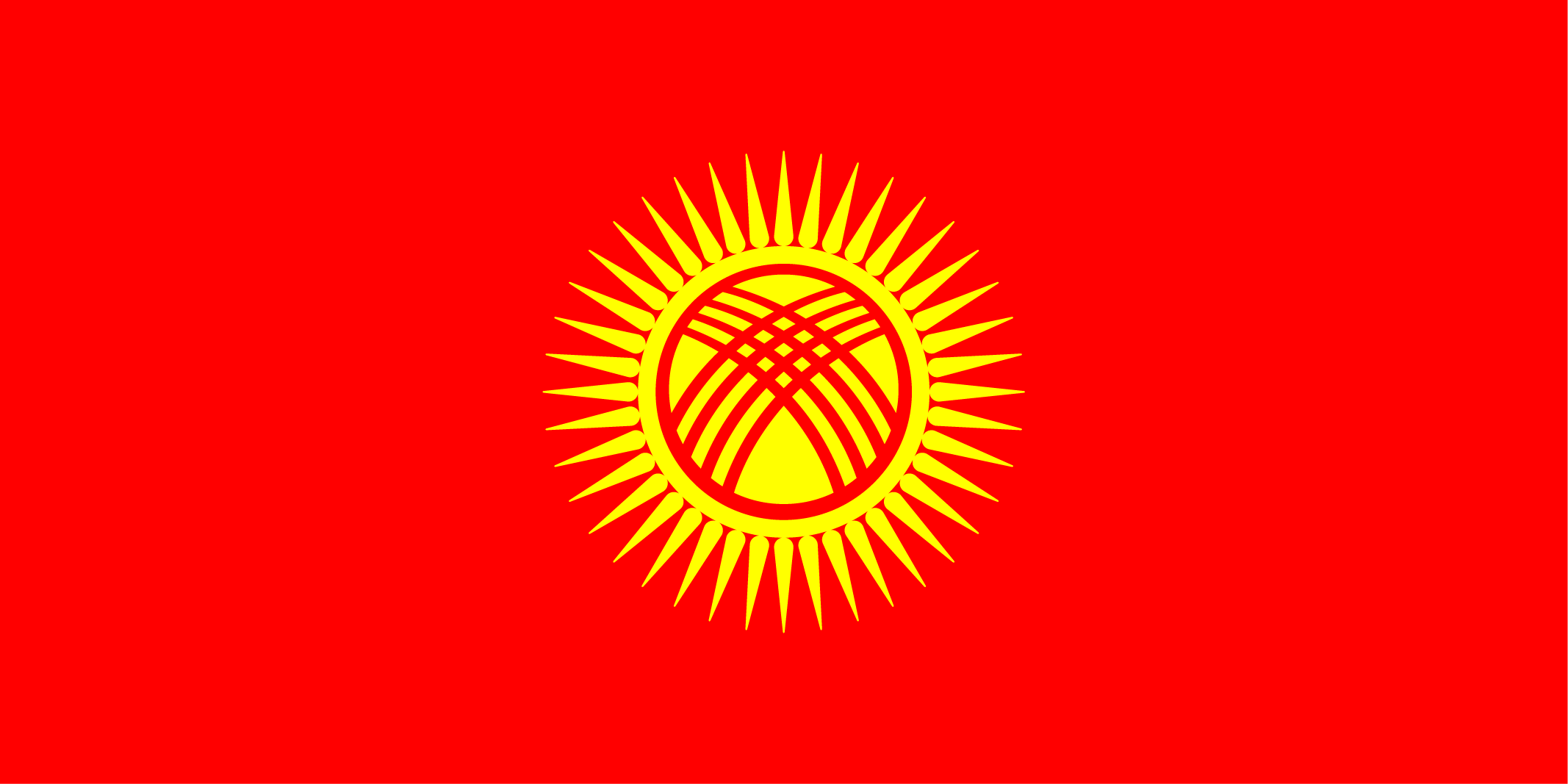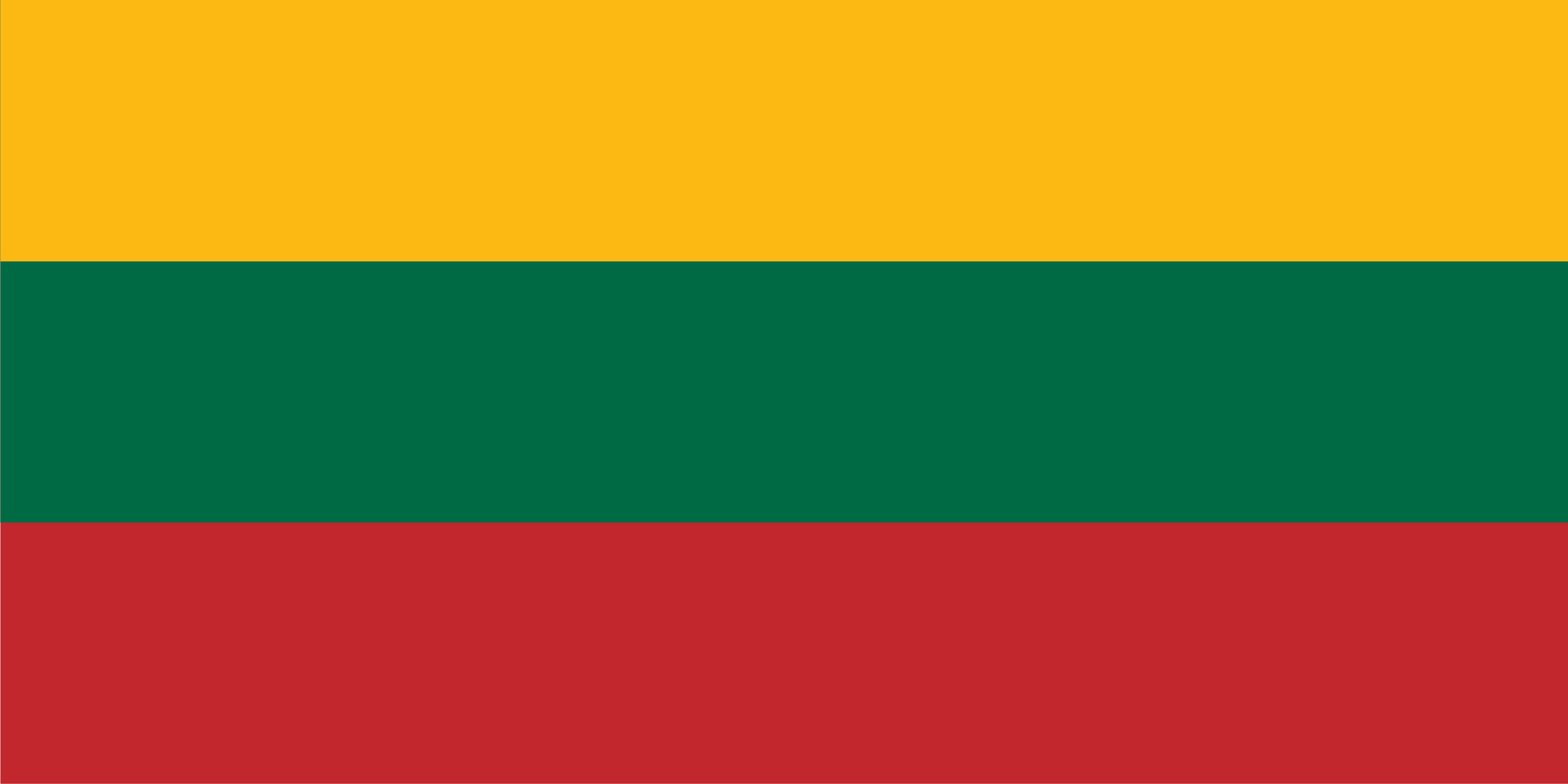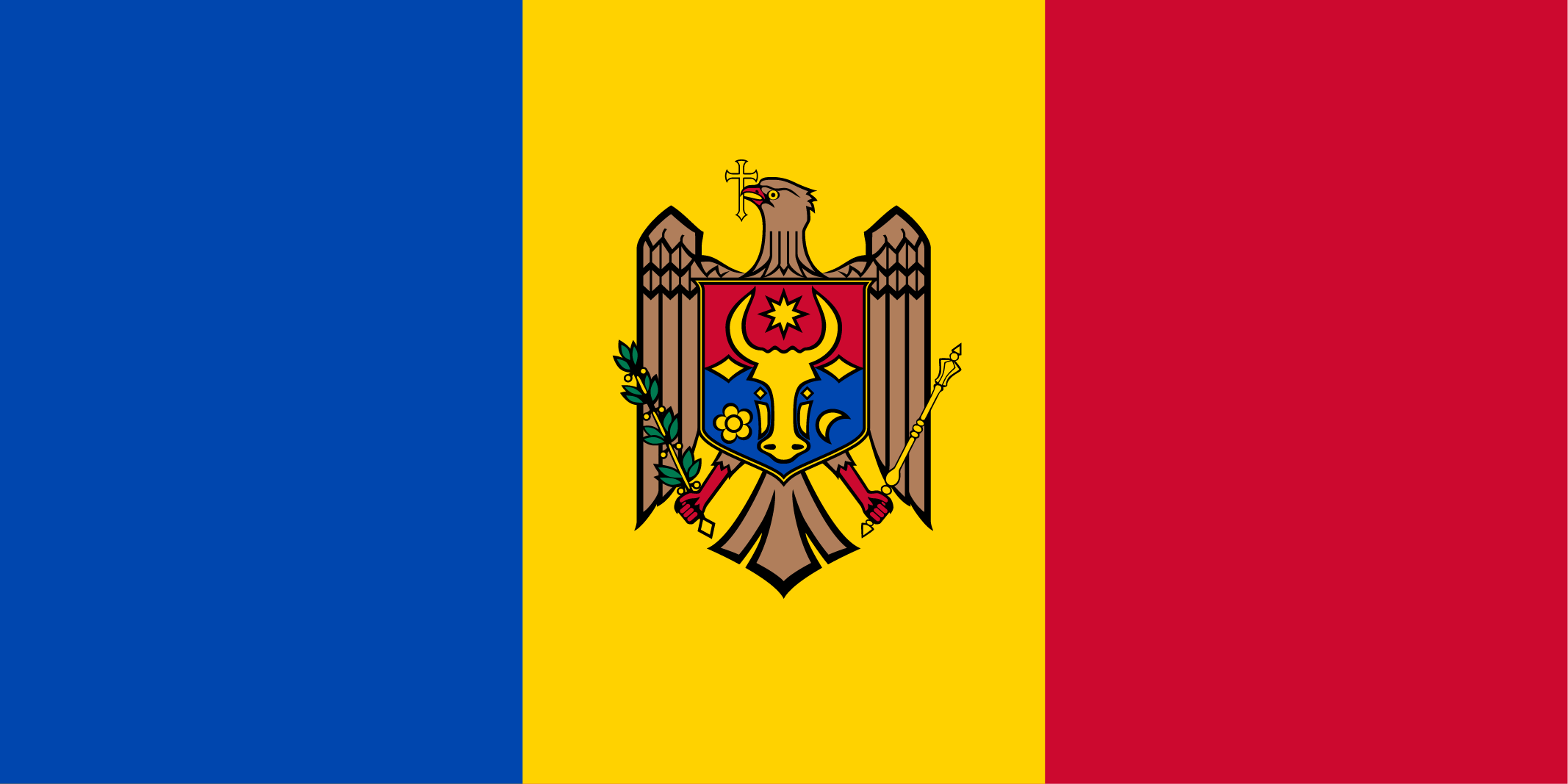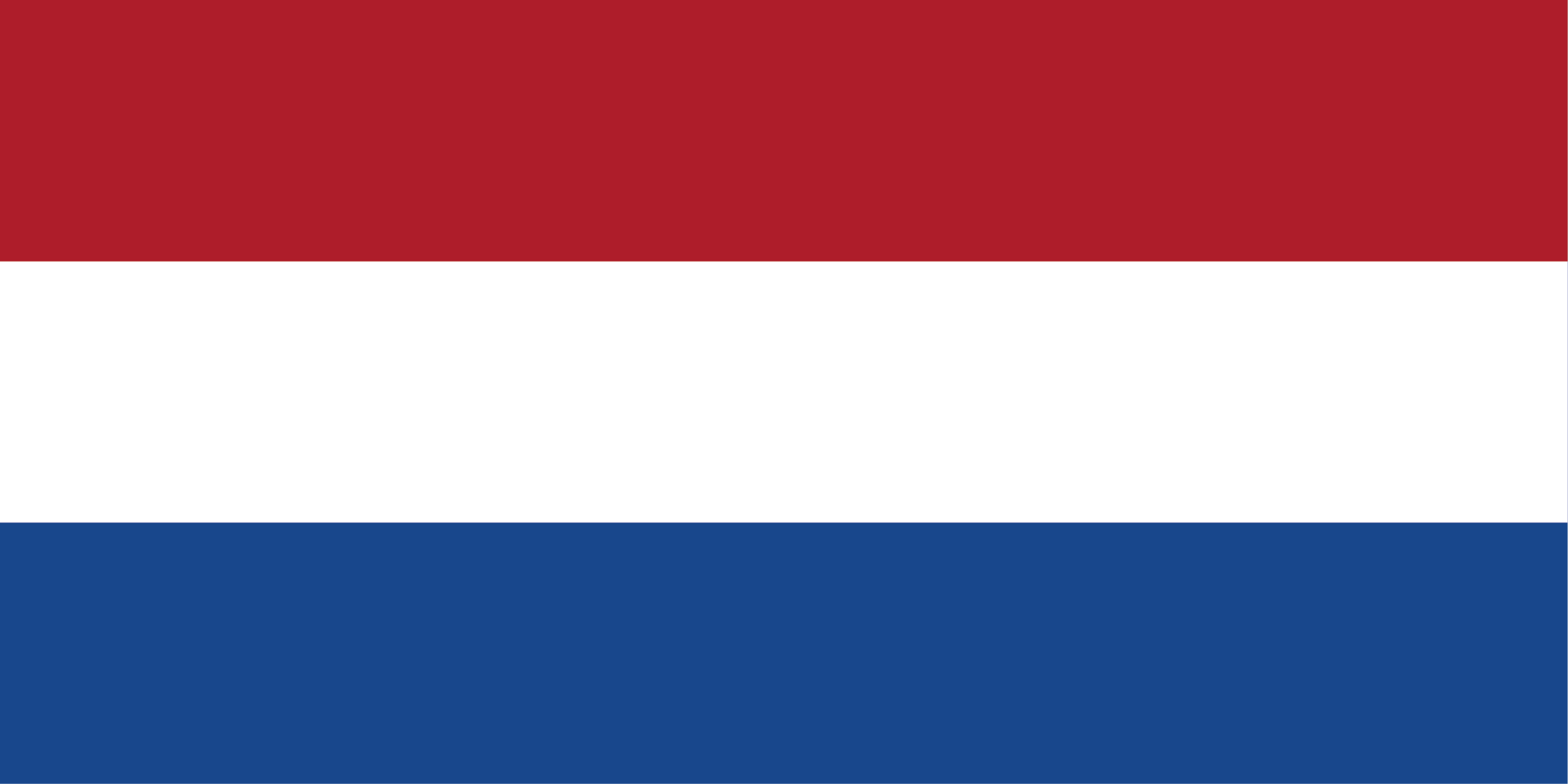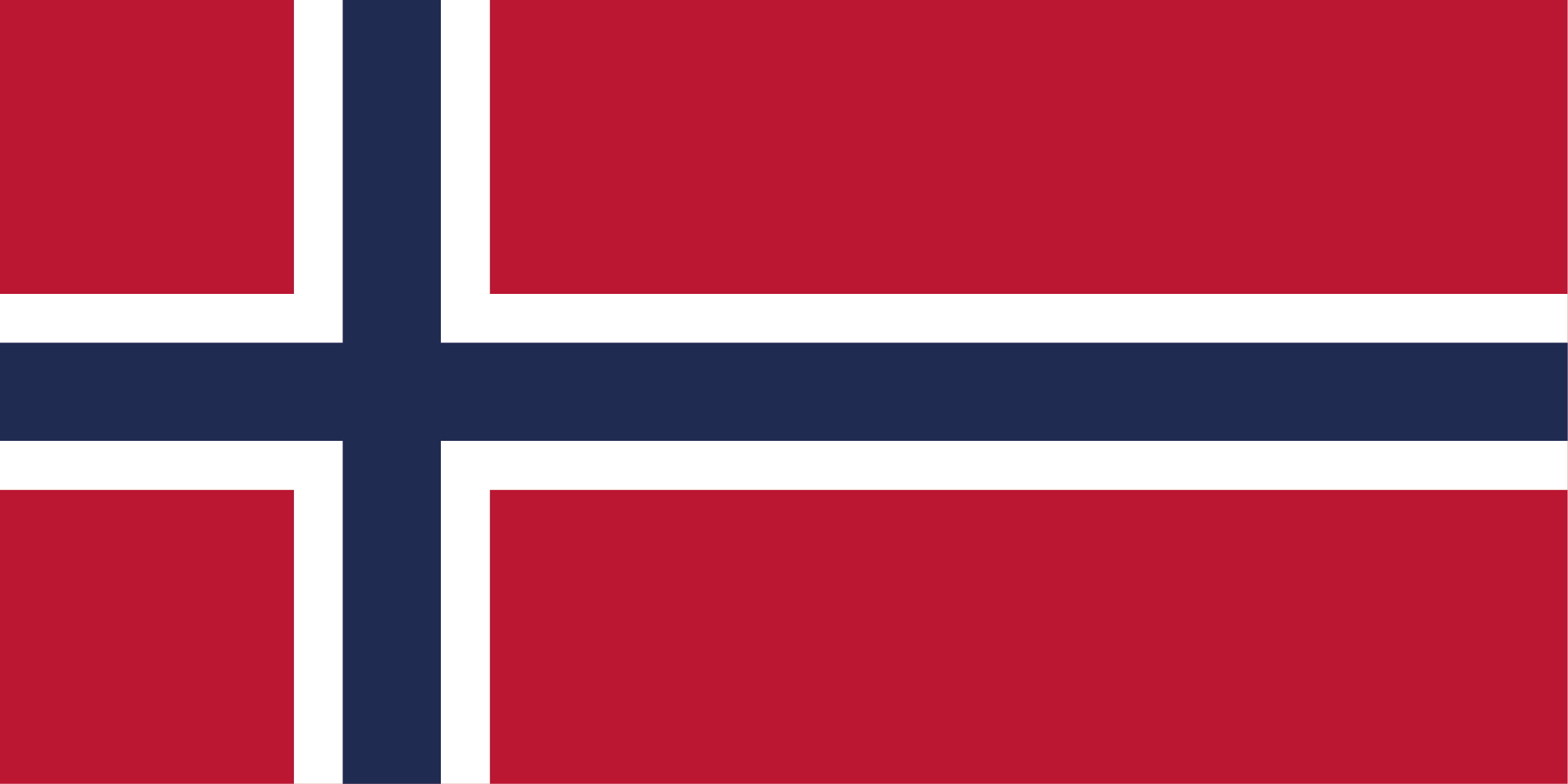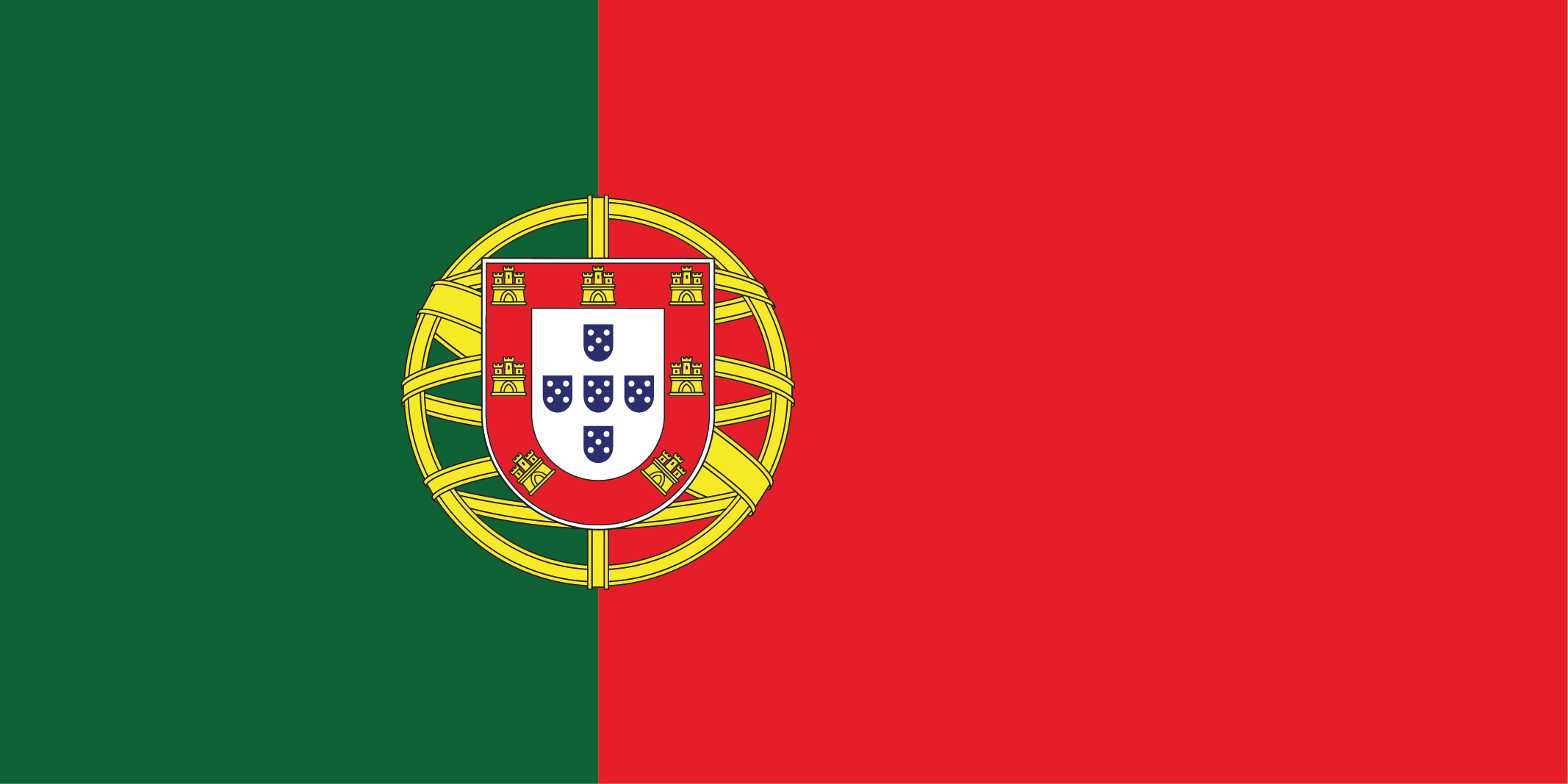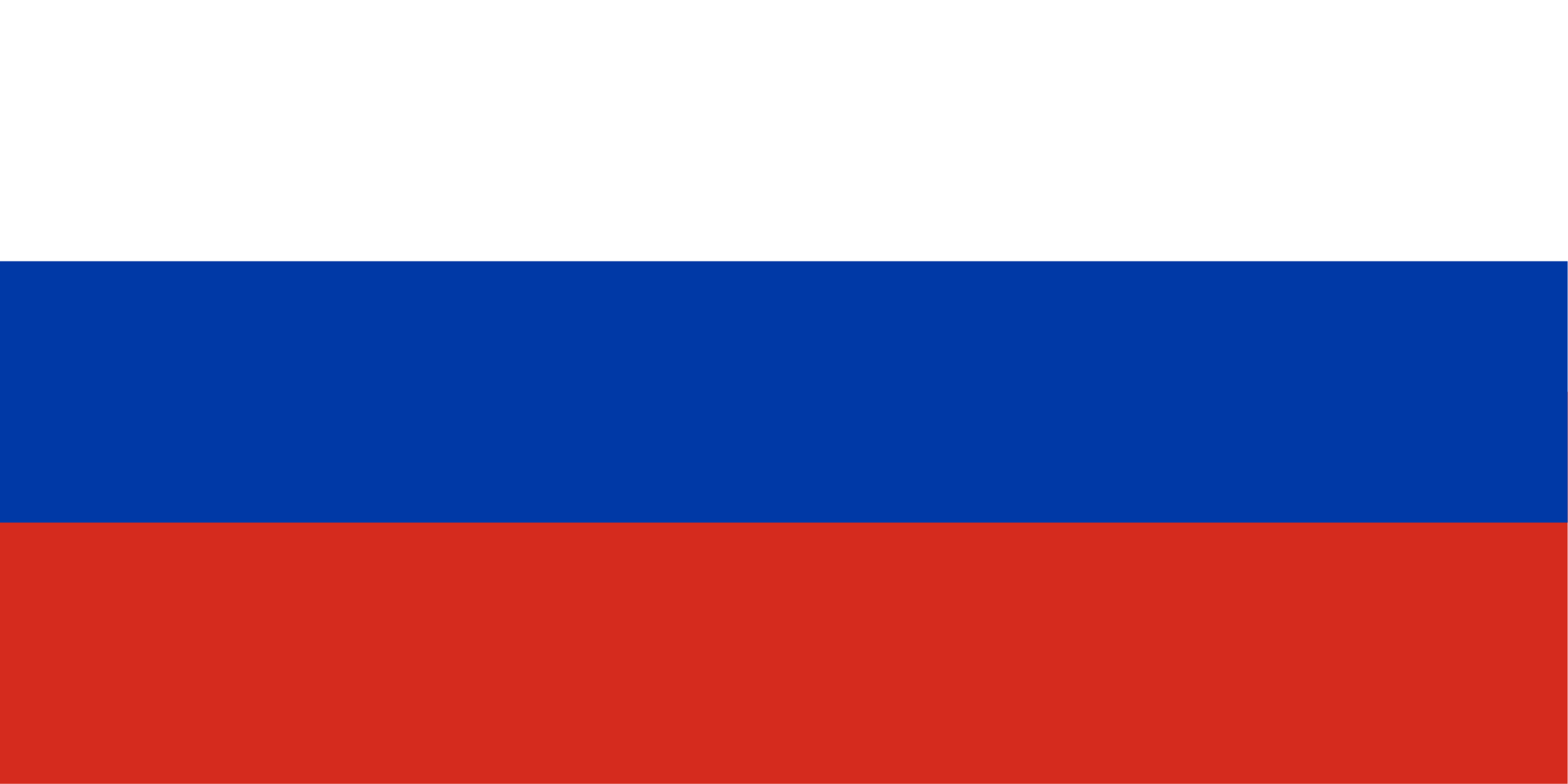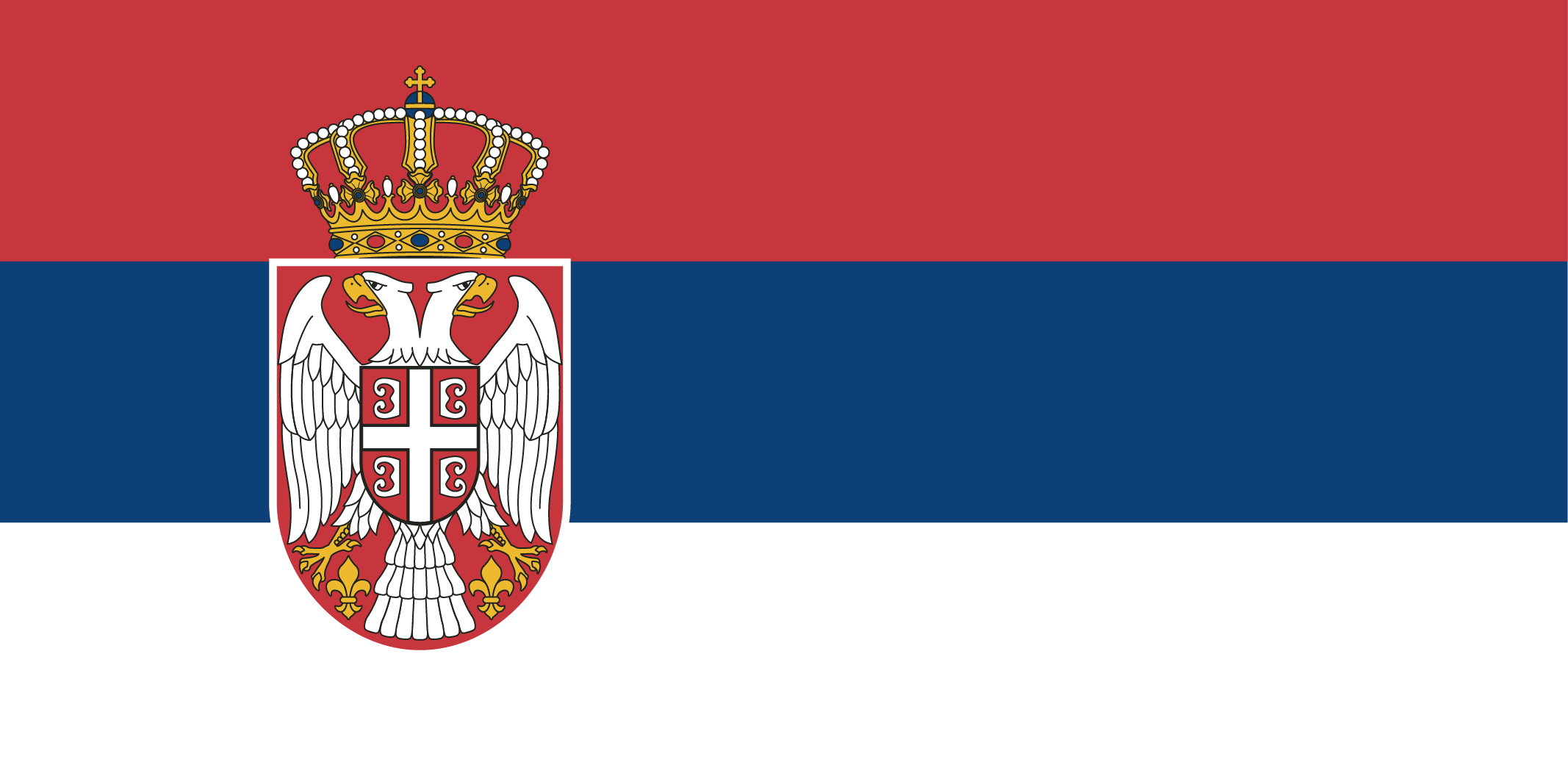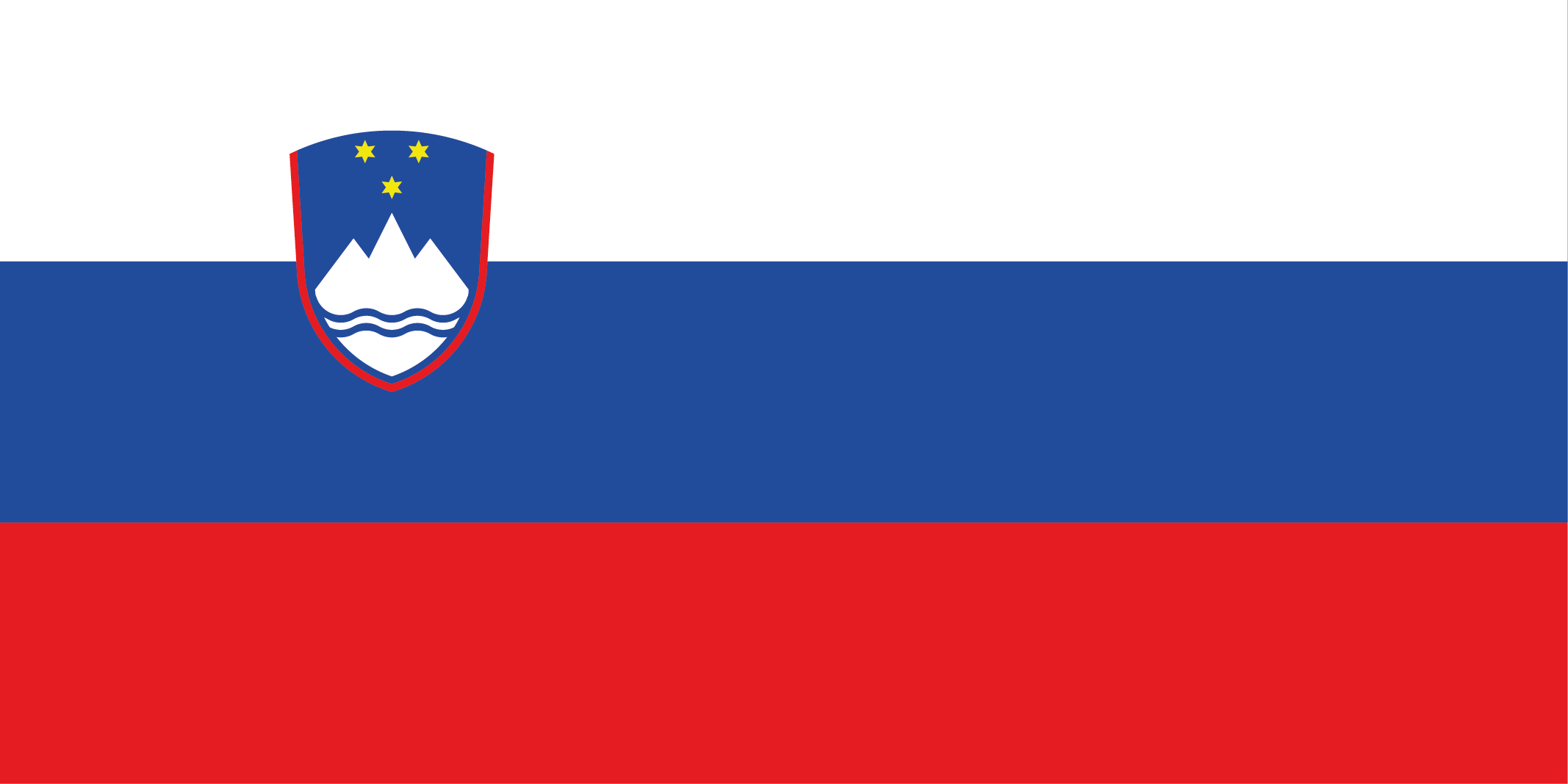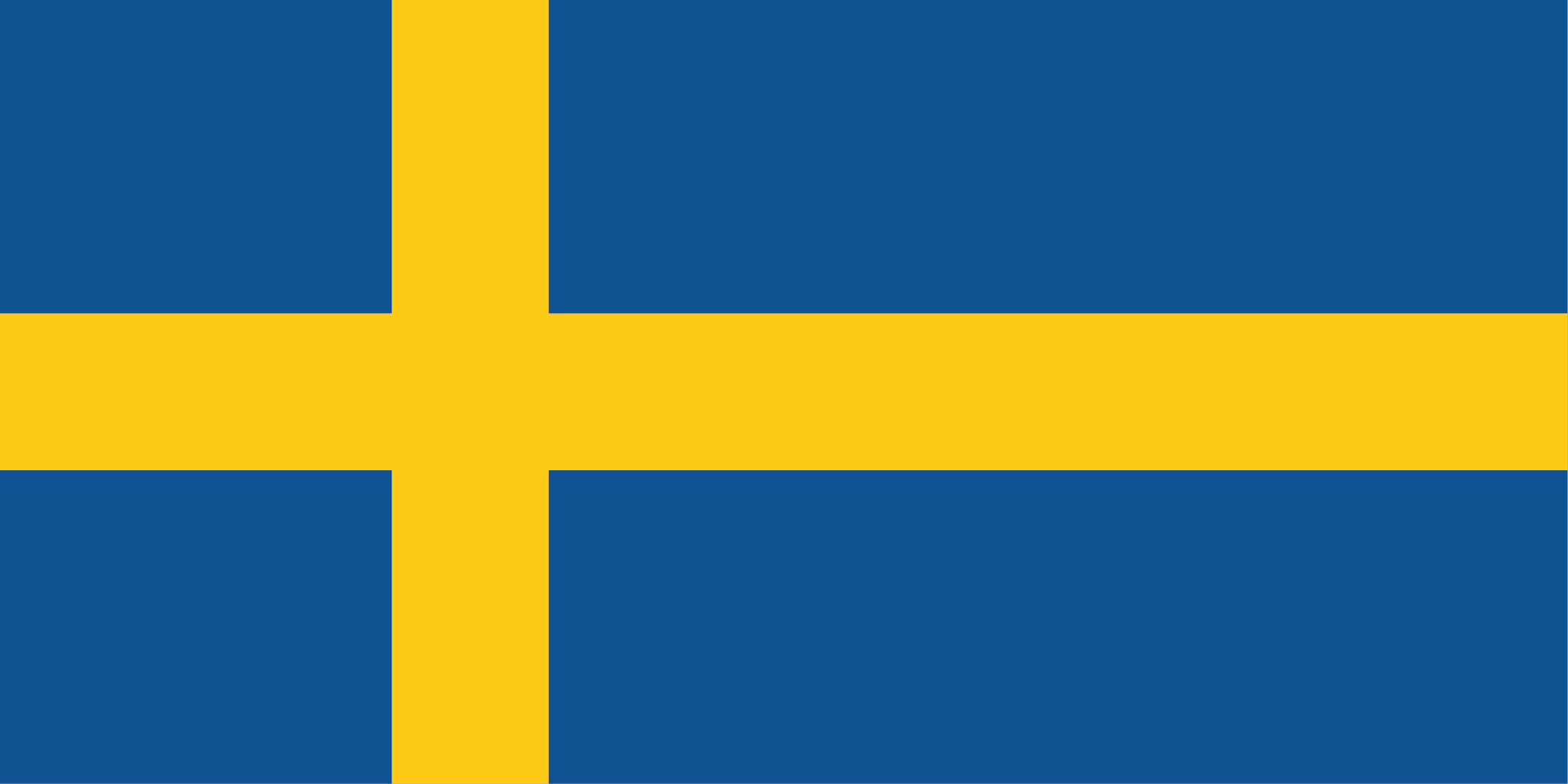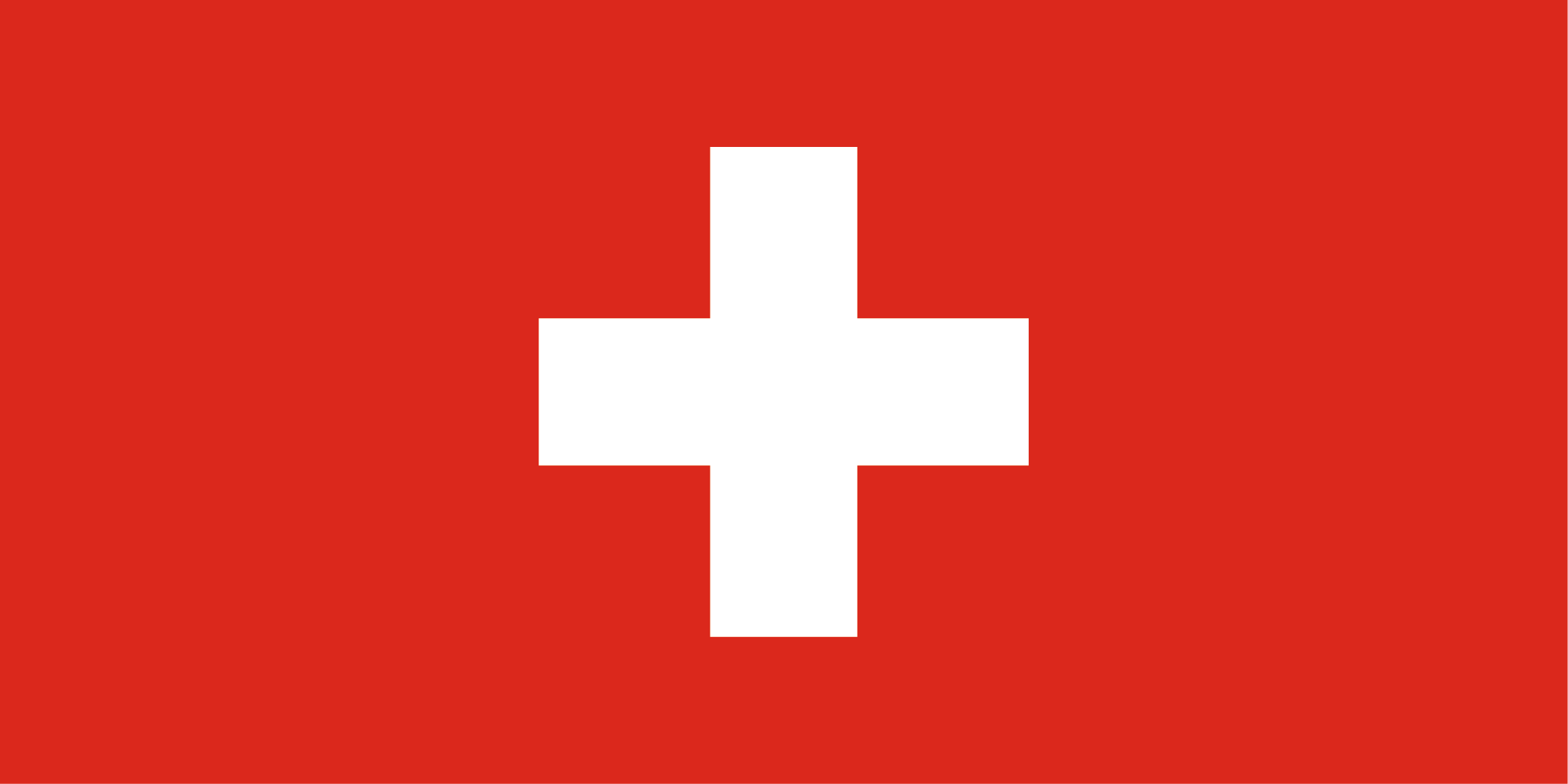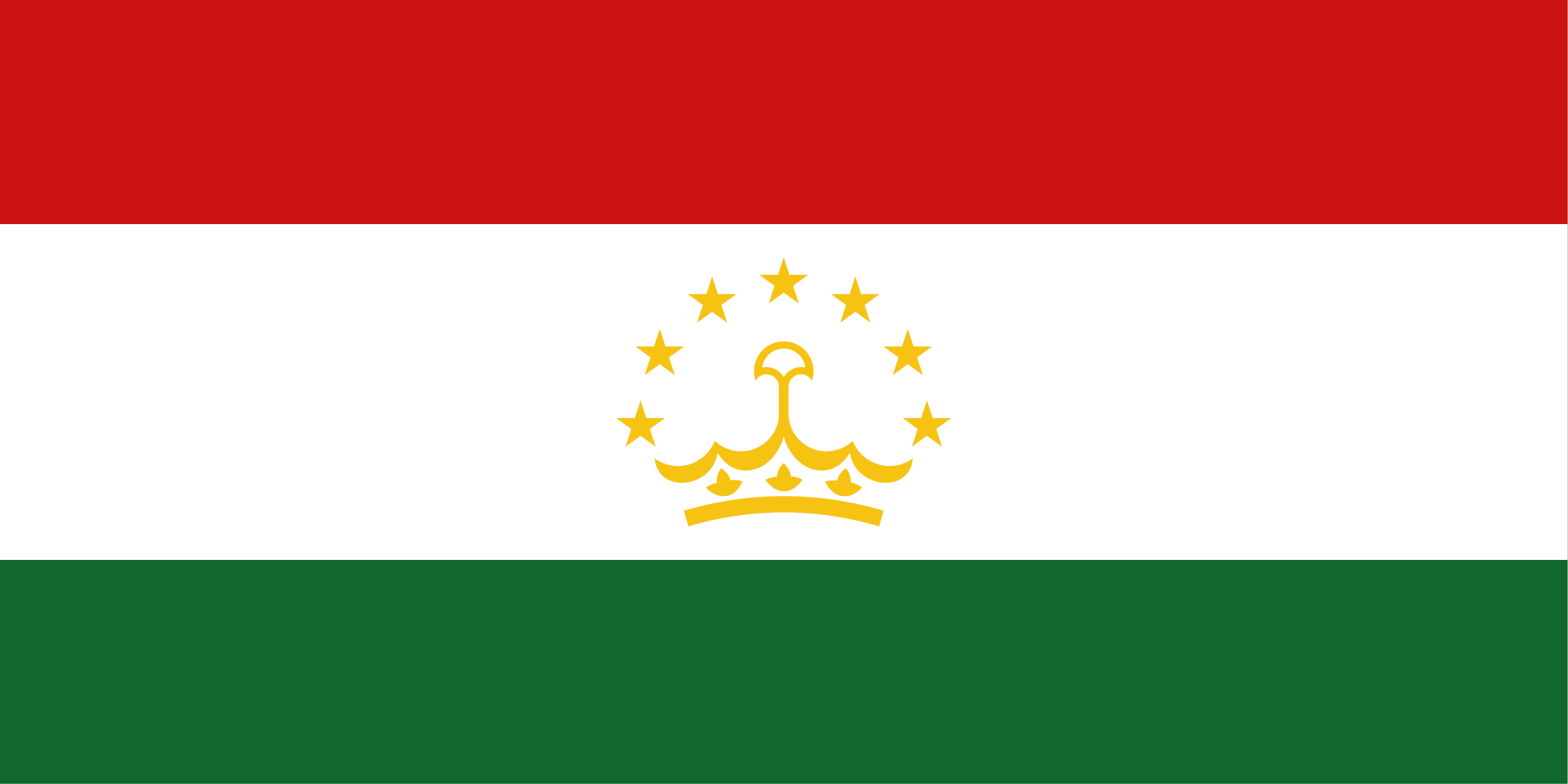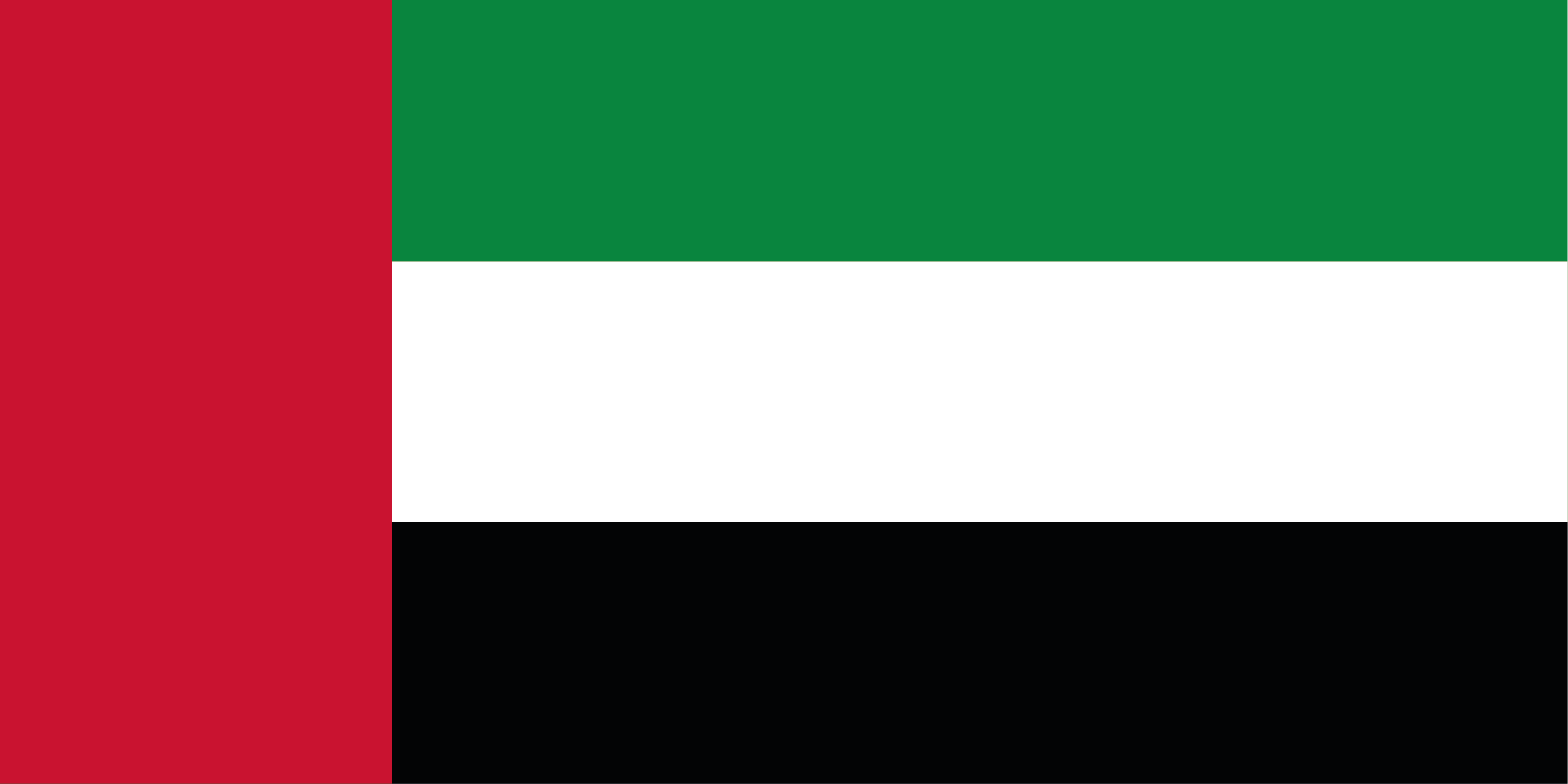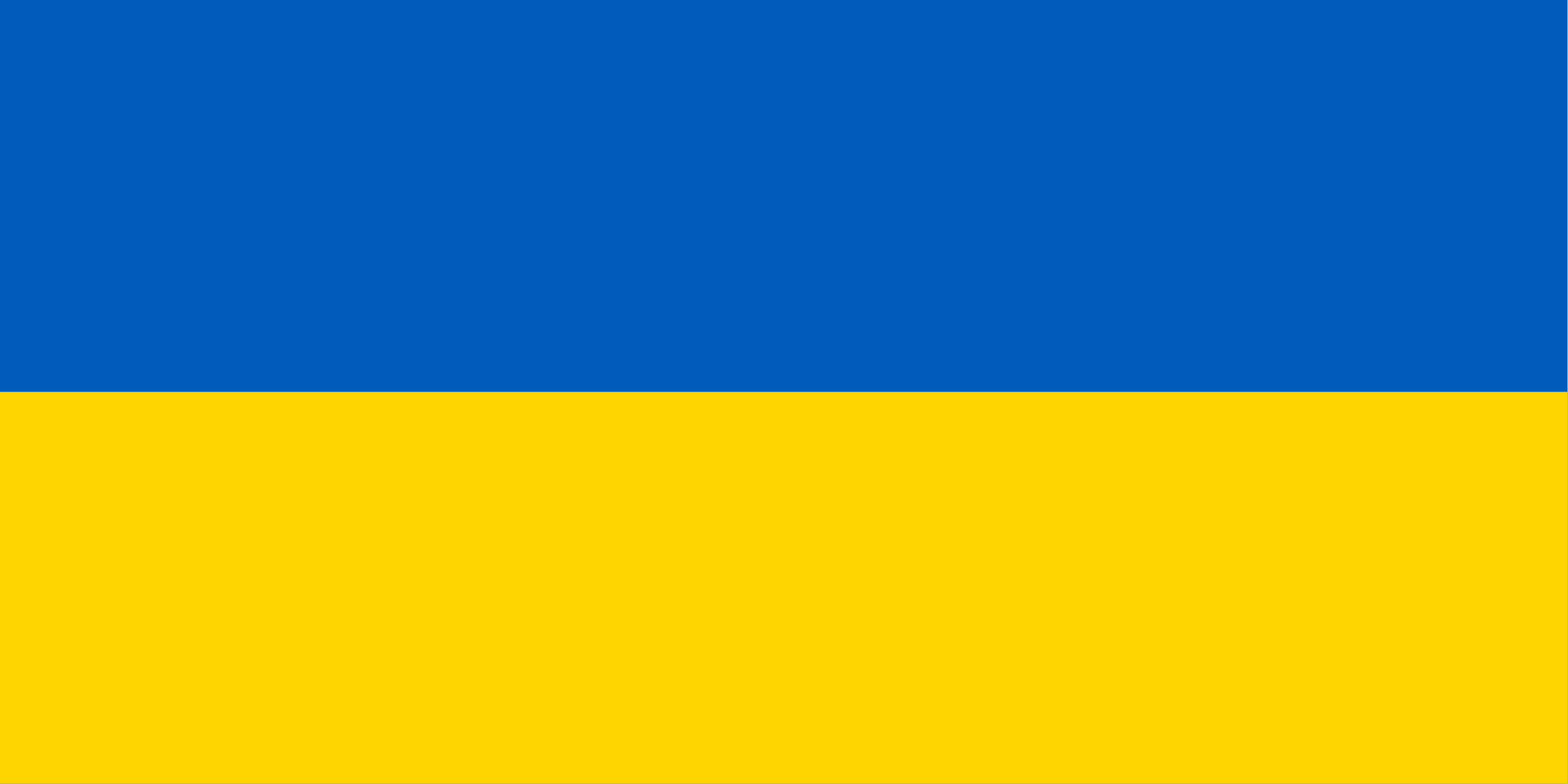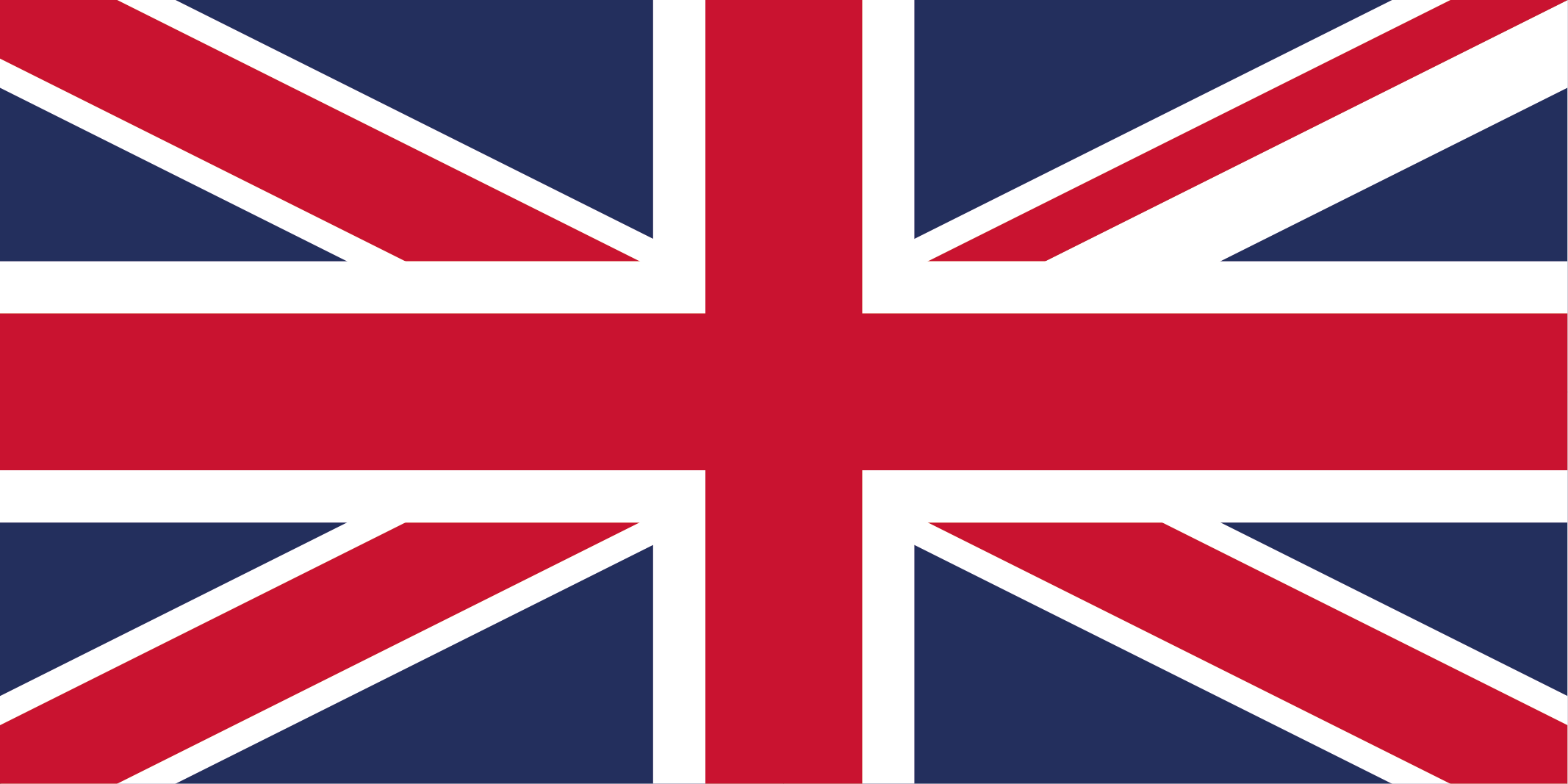Transportation of the Deceased from Ireland — Professional Funeral Services
Challenges Faced When a Death Occurs Abroad
The loss of a loved one abroad is particularly challenging for the family. Instead of a peaceful farewell, they must deal with numerous organizational issues. The transportation of the deceased from Ireland involves compliance with international requirements, knowledge of legislation, and precise execution of all procedures. In such cases, turning to a specialized service that provides comprehensive funeral services in full accordance with established standards becomes a reliable solution.
Why It Is Impossible to Organize Repatriation Independently
Many relatives believe that they can handle the task of transporting the body back home themselves. However, this is not the case. In countries where the death occurred, all procedures for the documentation and transportation of deceased bodies are strictly regulated by law. Only licensed funeral companies are authorized to handle document processing, body preparation, and coffin shipment abroad. Lack of experience and knowledge may lead to delays or even refusals in the transportation of the deceased across borders.
List of Required Documents for Transportation
To ensure that the transportation of the deceased's body is legal and safe, a number of mandatory documents must be collected. These include: the death certificate, embalming certificate, permit for the body's removal, as well as notarized translations. If the death occurred under unexplained circumstances, an autopsy may be required, along with a separate permit from the coroner. The processing of these documents requires time and accuracy, so it is important to entrust this task to professionals.
How We Assist Relatives in Difficult Times
The international funeral transportation service provides a complete range of assistance. We take care of body preparation, all necessary paperwork, and interaction with morgues, embassies, and airlines. We organize the transportation of the deceased from the place of death to the airport, meet the cargo at the destination, and arrange further delivery to the burial site. Each stage of this complex process is carried out in accordance with established norms and with full respect for the memory of the deceased.
Options for Transporting the Deceased
There are different methods for delivering the body from another country, each chosen according to the specific situation. The most common method is air transportation — fast and reliable. The body is placed inside a hermetically sealed zinc container, packed in a wooden coffin, ensuring safety during transport. Additionally, ground transportation is possible, especially in cases where the body needs to be delivered to regions closer to the border. It is also possible to transport ashes in an urn — provided there is a cremation certificate and all sanitary requirements are met.
Stages of the Repatriation Process
The work involved in the repatriation of the deceased's body includes several sequential steps. First, our staff receives a power of attorney and documents from the family. Then, we interact with medical institutions, register the death, and obtain all necessary permits. After that, body preparation, packaging in a special container, and transportation organization take place. In the destination country, we arrange for cargo reception, delivery to the morgue or cemetery. Thus, the process is fully controlled by our specialists at each stage.
Technical Requirements for Transportation
When organizing international transportation of bodies, strict sanitary and technical standards apply. The primary requirement is the use of a hermetically sealed zinc container in which the body is placed. The container must be completely sealed and placed inside a certified wooden coffin. In the case of transporting an urn with ashes, a cremation certificate and adherence to the seal integrity of the packaging are mandatory. Airlines may also have additional conditions regarding packaging and documents, which must be taken into account in advance.
Answers to Frequently Asked Questions
Families often inquire about how long the transportation takes, what additional costs may arise, and whether it is possible to accompany the coffin.
Timelines depend on the efficiency of document processing and flight schedules.
There may be additional expenses for body preparation, container packaging, and document translation.
Accompaniment is possible if permitted by the carrier's rules.
In any case, each situation is considered individually, and our specialists provide detailed consultations at every stage.
Why Choose Our Service
In matters related to the transportation of the deceased from another country, it is important to trust experienced professionals. We have been working in the field of international funeral transportation for many years, providing support to families in their most difficult moments. Our team is trained and holds all necessary licenses. We collaborate with dozens of companies around the world, allowing us to act quickly and efficiently. Our services include not only document processing but also complete coordination of transportation, reception, and preparation for the funeral.
Conclusion — Support and Respect for Memory
The transportation of a deceased body from another country is not just a logistical task. It is an act of respect for the memory of the individual and care for their family. Our mission is to ease this journey for relatives, take on all concerns, and ensure that the process adheres to international standards. If you need assistance with organizing repatriation, do not face this task alone — trust the professionals who will ensure everything is done with due sorrow, care, and honor.






